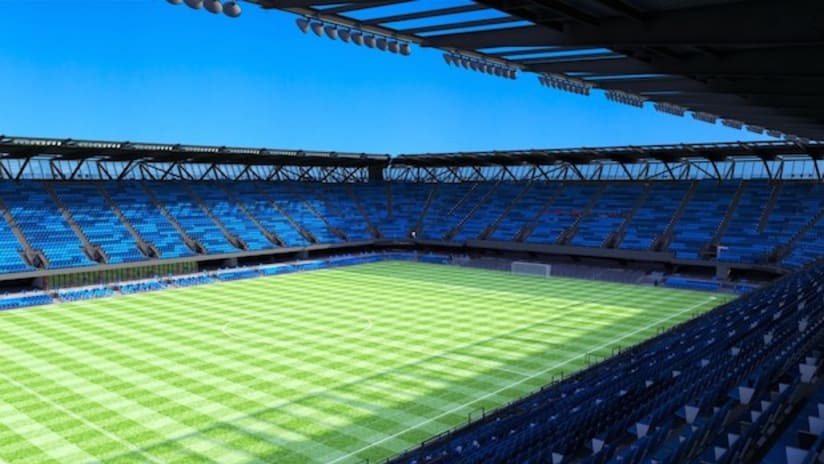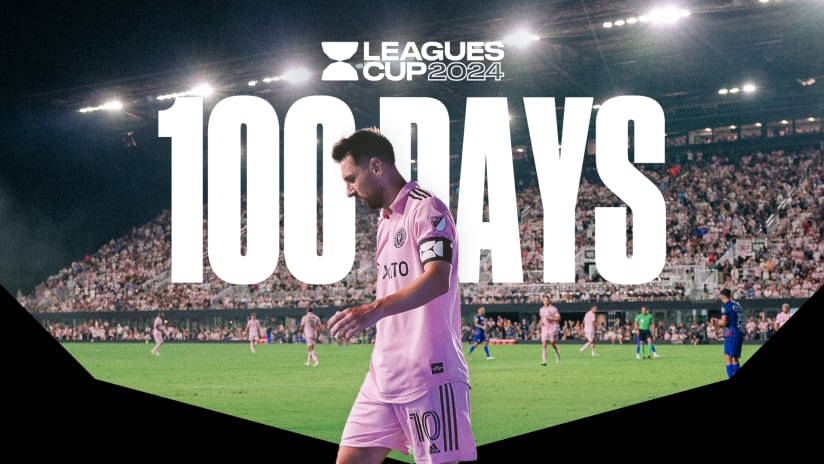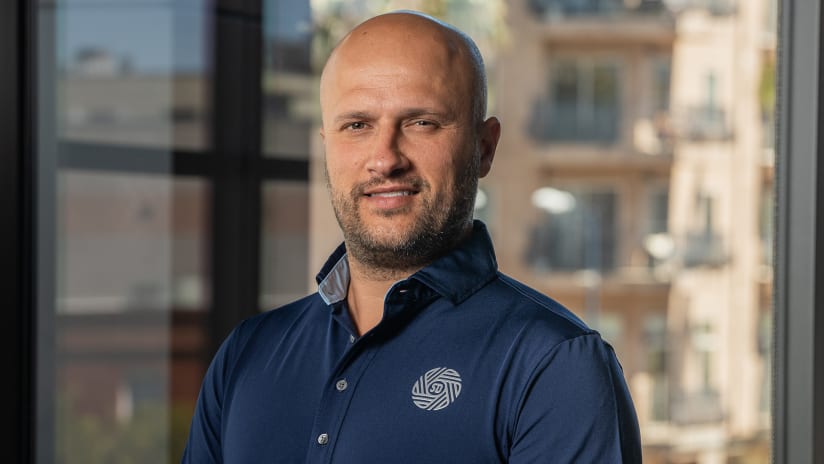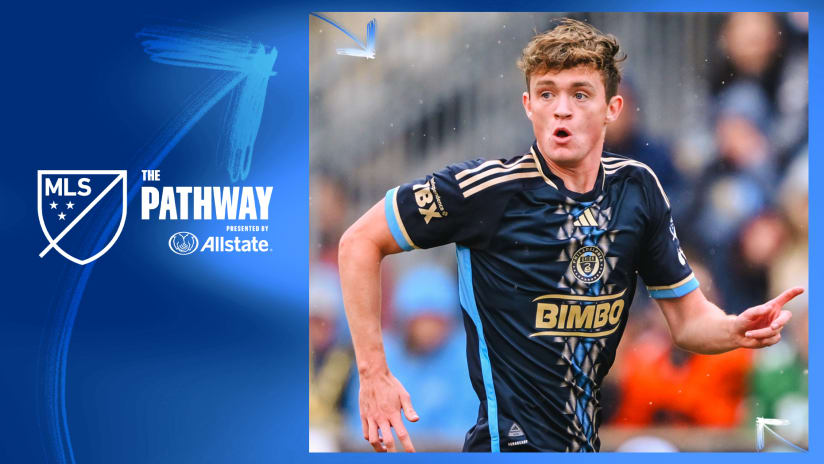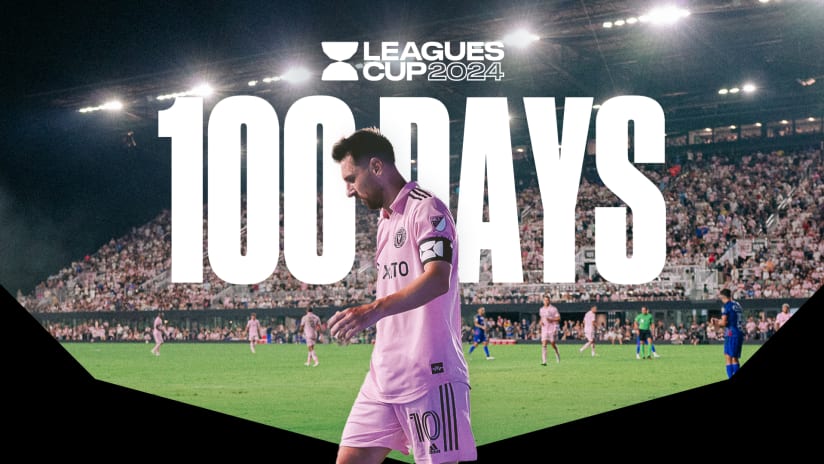SAN JOSE, Calif. -- As San Jose Earthquakes president David Kaval engaged in serious negotiations with a half-dozen or so companies regarding the name of his club’s nearly completed soccer-specific stadium, one point was never far from his mind:
The team of Silicon Valley really needed to have a technology company as its most prominent sponsor.
Kaval made sure that happened, as the Quakes announced Wednesday that their new home will be called Avaya Stadium, after a naming-rights deal was struck with the Santa Clara-based communications firm.
The 10-year deal will bring the Quakes more than just sponsorship cash – reported by the San Jose Mercury News on Wednesday to be $2 million per year – but also gives the club some technological muscle at their 18,000-seat venue. Avaya is expected to create the first cloud-enabled MLS stadium, putting the Quakes at the league’s forefront in terms of a high-tech customer experience.
“We wanted a partner that wasn’t just a name on the building, that brought strategic value,” Kaval told reporters Wednesday. “And especially in this area, having a technology partner, best of breed in their industry, that is a huge win for our fans, for the community, for the Quakes and for Avaya, too, because this can be a showcase for everything they’re doing. Those are all the reasons we felt it would be a natural partnership.”
- Get the latest Quakes headlines at SJEarthquakes.com
The agreement marks the first major sponsorship deal to fall into place for the Quakes since they began building the Coleman Avenue stadium, which was delayed by a year due to construction issues. There were no naming-rights opportunities when the Quakes played at Buck Shaw Stadium on the campus of Santa Clara University for seven seasons, and San Jose has lacked a jersey sponsor since 2011.
“In privately financing a stadium, one of the critical aspects of success is building a commercial model,” Kaval said. “And this [deal] is really the foundation of that. . . . It not only obviously helps reach those financial goals, but it’s like a lighthouse for those other companies, that actually can see that and realize, ‘Hey, this is a business venture and a project that is going to be successful.’”
The deal took eight months to hammer out, according to Kaval and Pierre-Paul Allard, Avaya’s president of global field operations. It will partially help defray increased costs of the project, which have jumped from an expected $60 million to $100 million as the club “basically decided to kick it up a notch pretty much everywhere in the stadium,” according to Kaval.
“Every little piece, we tried to do at the highest possible level because we wanted a world-class stadium for a world-class community.”
The upgraded nature of the stadium also affords San Jose more legitimacy when competing to host non-soccer events with the likes of Levi’s Stadium, the $1.2 billion home of the San Francisco 49ers, which is located just six miles from Avaya Stadium.
And it will make it easier to attract higher caliber players, something that was occasionally problematic in antiquated Buck Shaw.
“For us, getting to see all of the new stadiums – Kansas City’s, Philadelphia’s – we were excited to get something of our own,” Quakes midfielder Shea Salinas said. “There’s a lot of cool features that we were hoping to have that they splurged and got for us.”
On that front, Kaval said the Quakes are “evaluating options for a third” Designated Player to go alongside current DPs Chris Wondolowski and Matias Perez Garcia.
“We’ve had numerous trips, internationally, to source and look at potential options,” Kaval said. “We have to find the right player at the right time, but we fully expect . . . to be maxing out our DP spots. That’s something that the fans should understand. And all of that is connected to this stadium, to these types of partnerships and everything that we’re doing on the commercial side of the business.”

